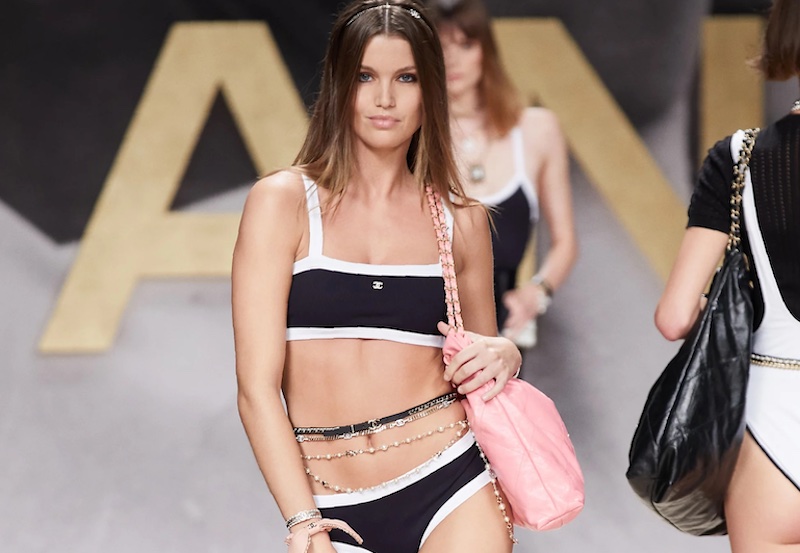As Covid-19 curbs cut travel and duty-free shopping, South Koreans are driving a luxury goods boom at home that has left Chanel barring nearly a third of would-be shoppers to stop bulk buyers snagging $10,000 bags for resale with markups of 20% or more.
The storied French fashion and luxury company told Reuters it has seen traffic to its boutiques in South Korea skid since it began screening for customers it believed might be stocking up purely to flip to others in the resale market.
“We were able to identify [bulk buyers] after having analysed their buying patterns. Since this policy was implemented, the traffic in our boutiques has decreased by 30%,” Chanel told Reuters in a statement.
It did not disclose exactly how it deemed those customers to be potential bulk buyers, and the privately owned business doesn’t disclose sales numbers by country.
Chanel’s strategy, implemented since July last year, came as global demand for luxury goods was picking up after the worst of the coronavirus pandemic.
South Korea is the world’s seventh-biggest luxury goods market according to Euromonitor, and the research firm estimates it was one of only two of the top seven markets by revenue – the other being China – to see sales grow last year from 2019 levels.
Supply at brands like Chanel, though, is tightly controlled, preserving exclusivity and boosting appeal with no online shopping option beyond cosmetics, perfumes and some small accessories.
Such is the appetite in downtown Seoul that long queues form before dawn outside department stores as shoppers brace for what’s known as an ‘open run’ – a sprint to Chanel’s doors at opening time.
“I arrived … at 5.30 a.m. for an open run and I was notified that there were more than 30 people in front of me,” a shopper told Reuters in front of a Chanel boutique in Seoul.
He said by the time he entered the store – nearly 10 hours later – the item he wanted was sold out.
Reflecting such red-hot demand in the resale market, a Chanel medium classic flap bag was sold at 13.5 million won ($11,031) – 20% more than its standard retail price – in January on KREAM.
KREAM, an acronym for ‘Kicks Rule Everything Around Me’ is a platform offering everything from sneakers to tech and luxury goods that is an affiliate of tech giant Naver.
The platform, which was launched in 2020, told Reuters its monthly transactions exceeded 100 billion won in December, and said South Korea’s resale market is worth more than 1 trillion won – nearly $820 million – even at the most conservative estimates.
- Reuters, with additional editing by George Russell
























